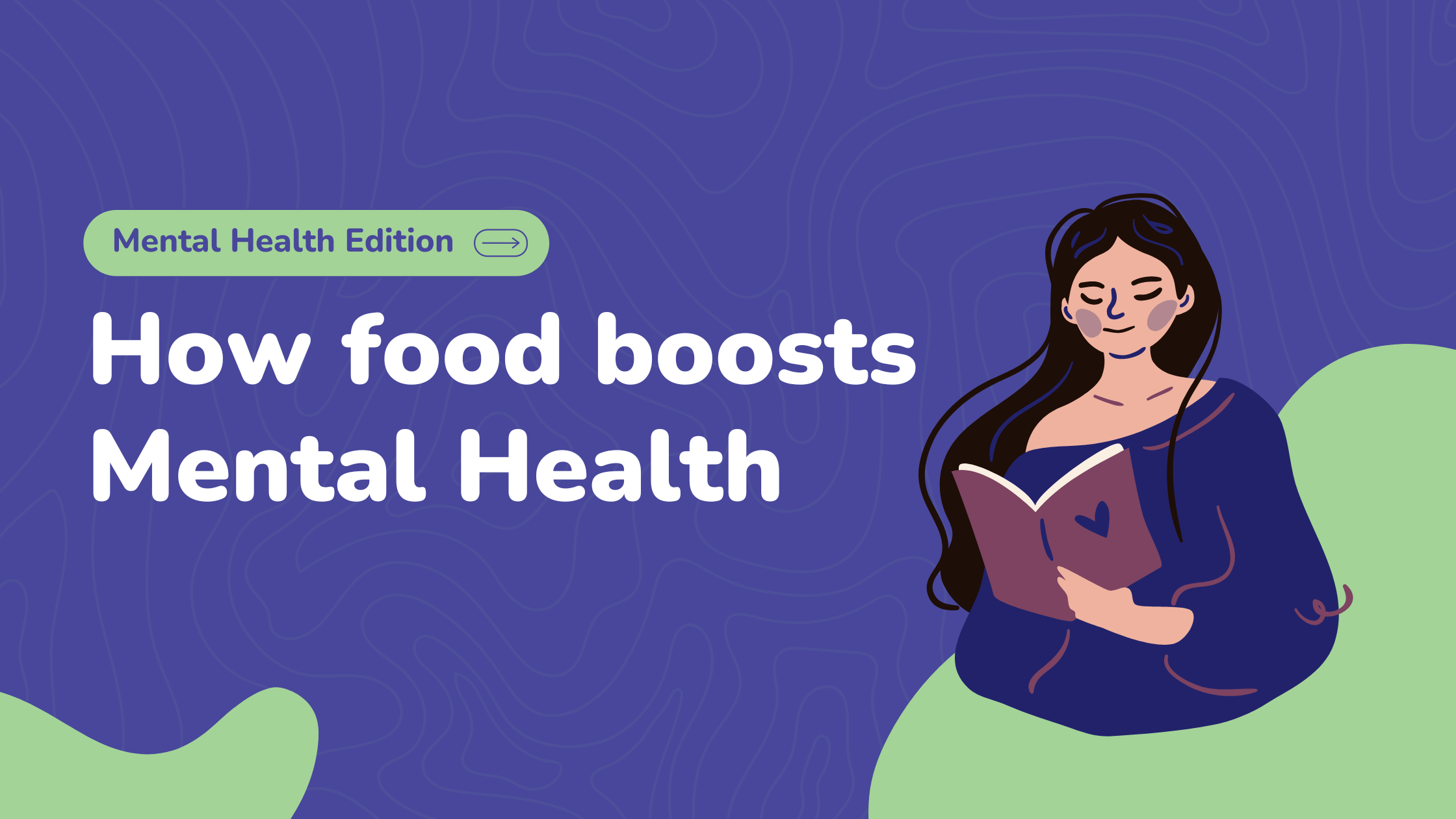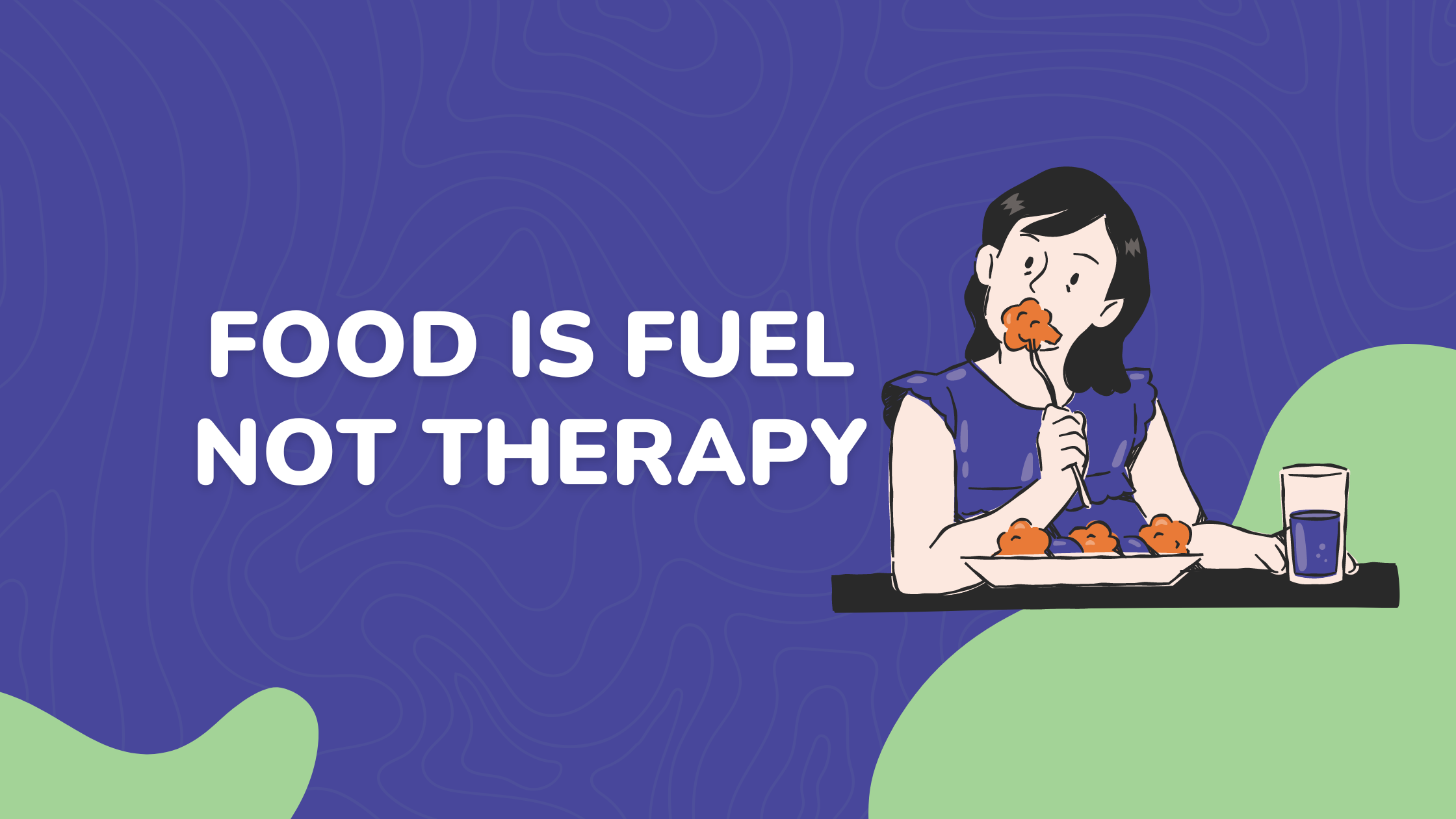According to the World Health Organization (WHO), mental health irregularities in India have an economic loss of US$ 1.03 trillion. Mental health problems can also lead to productivity losses due to absenteeism, decreased work performance, disability, and lack of nutritious food. Mental health can affect people of any age. According to the National Alliance on Mental Illness (NAMI), 75% of mental illnesses start by the age of 24, when the employment period begins.
There is a significant relationship between eating behaviors, food intake, and mental health. A poor diet can provoke, and may even lead to stress and depression as well.
Also Read – Eating Behaviours, Mental Health, and Food Intake are Associated with Obesity in Older Congregate Meal Participants https://www.ncbi.nlm.nih.gov/pmc/articles/PMC4332628/
How food boosts mental health:
To foster mental health and recovery from mental illness, one should encourage and motivate oneself to eat a proper diet food which optimizes brain health. Promoting yourself to eat a diet that is rich in brain food like seafood, beans & legumes, leafy greens and other vegetables, olive oil, yogurt, and nuts can be an effective and simple way to recover from mental health and comfortably fuse to health care.
Also read:https://www.ncbi.nlm.nih.gov/pmc/articles/PMC6170050/
Food impact on employee productivity:
More than half of the workers feel more productive when consuming good and healthy food. Moreover, employees having proper nutrition and balanced meals for their lunch and spending the break time appropriately boosts their bodies to work more productively in the second half of the day. Organizations notice that food releases employee stress and feel valued.
Food security and mental health:
Food insecurities can have serious mental health effects on individuals. People experiencing food insecurity often live with a constant fear of not having enough to eat, this can lead to stress and anxiety, which can further exacerbate mental health issues. This can also lead to the development of disordered eating patterns such as binge eating or restrictive eating.
It is important to recognize the mental health effects of food insecurity and provide adequate resources and nutritious food, this can help alleviate some of these mental health effects.
Adopting various practices to improve mental health:
Cultivate strong relationships with friends, family, or support groups where this helps in emotional support and reduces feelings of isolation. Engaging in regular physical activity, such as walking, jogging, or practicing yoga can reduce stress and anxiety. Eating a balanced diet that includes fruits, vegetables, whole grains, lean proteins, and healthy fats can support brain health and improve overall well-being. Establishing a consistent sleep routine and getting sufficient restful sleep is vital for mental health.
conclusion
It is important to recognize and solve mental health issues as an ongoing effort that requires a sustained commitment from individuals, communities, and society as a whole. By working together, we can create a world where mental health is prioritized, stigma is reduced, and individuals receive the support and care they need to thrive. Remember that everyone’s journey to mental well-being is unique, so it’s important to experiment with different strategies to find what works best for you.



